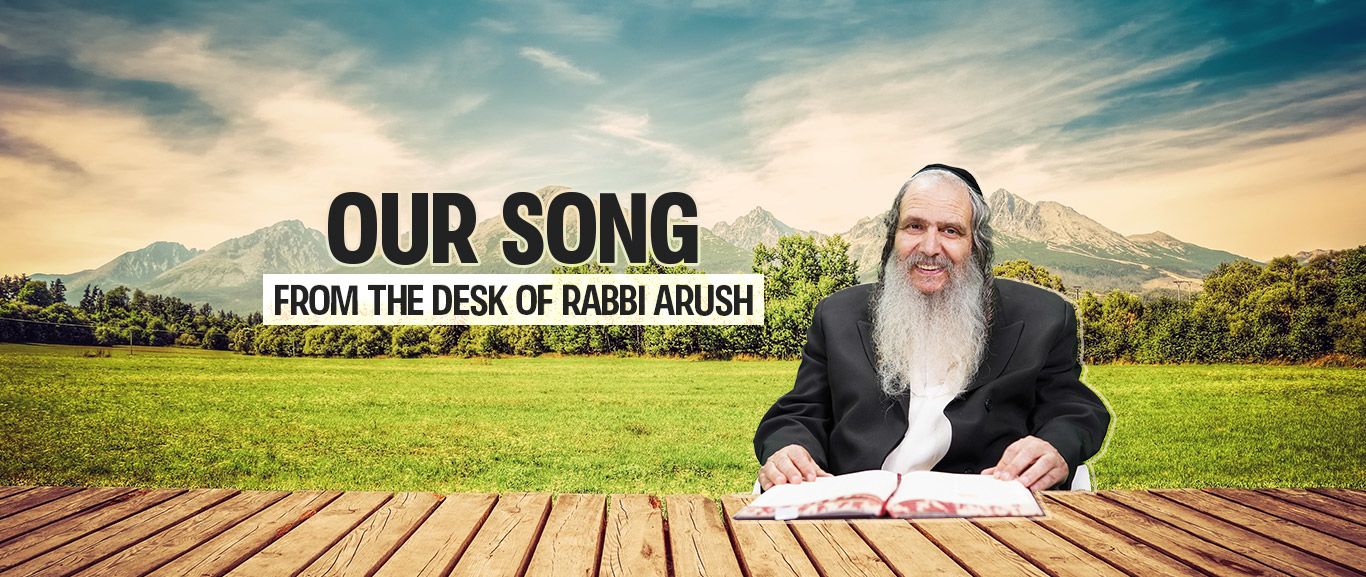
Our Song
Rabbi Arush brings us a song that we can sing over and over in our heads. A song that will uplift us throughout the entire year!

A Farewell Song
Do you love music? Throughout the generations there have been musical instruments and melodies. But clearly, what is happening in our generation is disproportional. The quantity and variety of songs and singers are unbelievable. Songs lift us up, improve our mood, give us life, move us forward, bring us closer to Hashem.
Often a song gets “stuck” in our head. We start to hum it, and it plays in our mind repeatedly, a few words that we sing repeatedly, and the mouth seems to say them of its own accord.
But there is one song, very ancient, which is a big mitzvah to have stuck in our head, and may it get stuck there forever.
That is a song that is written in the Torah.
Moshe Rabbeinu taught Bnei Yisrael the entire Torah, and a few moments before his passing, Hashem yitbarach commands him to write a song and teach it to Bnei Yisrael. Not only should they know the song, but they should also know it by heart and remember it throughout the generations, “for it will not be forgotten from the mouth of its offspring”. The Or HaChaim Hakadosh says there are three mitzvot here: “One, to write; two, to teach it to Bnei Yisrael, so that they should know the meaning of the song; three, to place it in their mouths, so they will know to read it.” The Ramban says: “It was called a ‘song’, because Yisrael will always say it in song and melody”.
The Song of the Generation
It has to be a catchy, well-known song, so that people will sing it all the time, and the main thing, of course, is that we should learn it and take from it a message for ourselves. This is a great and important mitzvah, and its main point is what will happen at the End of Days. And since we have seen so much of it coming true, we know that it is relevant to our times and contains instructions to our generation as well – in fact, especially to our generation – therefore it is incumbent upon us to study it and find the message, because the main purpose of the Torah is to make us act. As the Ramban says in his famous letter: “And when you get up from [reading] this book, you will search in what you learned for something that you can implement.”
We cannot learn the entire song here, so we will learn one passuk with Rashi. It is one short passuk that sums up the issue of faith succinctly: “The Rock – perfect is His work.” “Although He is strong (as a rock), yet when He brings punishment upon those who transgress His will, he does not bring it in a flood of anger, but in deliberate judgment, because His work is perfect.” Everything is taken into account, says Rashi. There is no anger or rage, but rather a just and straight verdict.
“A G-d of faithfulness” – faithful to pay the righteous for their righteousness in the World to Come; and even though he defers their recompense, in the end he will prove faithful to His promise. “Without injustice” – even to the wicked he pays the reward for their meritorious deeds, but in this world. “Righteous and fair is He” – All acknowledge aloud His judgment to be just, and this is befitting and right of them.
Repeating the Simple Truth
This is a point that should be well noted: The Creator is so exacting, and everything is so just, to the point that one’s integrity decrees that it is right to acknowledge it. In other words, to thank Hashem wholeheartedly for everything, even for things that seem bad to us. This is not “blind faith”, but rather the truth. This is basic honesty. Simple truth.
And that is what I always say: emuna (faith) is truth. Truth is emuna. They are one and the same.
How did what happened happen to you? What caused it? The Creator. Because everything is from the Creator. He did and does and will do all that is done in the world. If so, accept the verdict as being just. In other words, say out loud that what happened to you is true and just.
And if you get to know the Creator somewhat and understand something of who He is, you can also be completely happy with everything that happens to you. Because the Creator is good and does good. He loves you like you are his only son, and much, much more than that. And he is merciful, and He wants you to do teshuva, and He wants to draw you closer and give you messages that will really improve your life, both in this world and in the next. If so, it is clear that what happened to you is for your own good, because the purpose of all the Creator’s deeds is only to benefit His creatures.
And that is simple truth, and therefore to believe in Hashem means to attach yourself to Hashem really and live this truth that all is from the Creator and all is good.
You Have Gladdened Me With Your Deeds
And therefore, emuna and simcha (gladness) are one and the same. For what is sadness? Sadness is your inability to accept what happens to you, your inability to fully justify Hashem’s deeds. You think something bad has happened to you. This can be because you think that what happened to you did not come from the Creator, chalila, or because you think that Hashem doesn’t do good things, chalila. In both cases, thinking such thoughts is kefira (heresy).
It is not proper and not right. It is not faith – the faith that says “A G-d of faith without injustice, righteous and fair is He.” And when you truly live your faith, you don’t fall into sadness from anything that happens, because how can you be sad about something that you know is from the Creator, and He is just and he is on your side?
There is no way to measure percentages of faith. There is only one scale, with two options: faith or no faith. If there is sadness – there is no faith; if there is joy – there is faith!
If you feel sad, even if you feel just a certain lack of joy – don’t look for any solution beyond emuna. Emuna is the only complete cure for sadness.
And it is very close to you – just ask Hashem: “Give me emuna. Allow me to really know You. Allow me to know clearly that You are good, that You love me; allow me to know that everything You do is only complete good. Righteous and right. Without injustice. My Rock, Who has no injustice in Him.”
The Sukka of Simcha (Joy)
It is not for no reason that we read this passuk right before Sukkot. On Sukkot we have a special mitzvah of “You shall rejoice on your festival… you will be completely joyful” – to be only joyful.
How can anyone demand from a person such a level of simcha, for seven days, without even a smidgen of sadness? And the answer is: Because on Sukkot we have a mitzvah to live for seven whole days in the Sukka, to eat and drink and sleep in the Sukka.
And the Sukka is emuna, as the holy Zohar says – the Sukka is called “the shade of emuna”. In Sukkot we enter an “emuna mikvah”. We go into faith, and the faith encases us twenty four hours a day. And when a person is really ensconced in emuna – he can have complete joy without a bit of sadness, for seven whole days and nights!
That is why there is a close connection between the mitzvah of Sukka and the mitzvah to be joyous during the holiday. Because emuna is the pathway to true, complete and stable simcha.
And how does one acquire emuna? Sukkot is also called Chag Ha’asif – the Festival of Ingathering – “When you gather in from your threshing floor and your wine cellar.”
Sukkot comes at the end of summer, after we have gathered in all the grain from the fields and the fruits from the trees. There is an abundance of food. We see the kindness of the Creator being showered upon us – and so, it is easier to feel His great love for us, his endless desire to give, to grant and to benefit us endlessly. That is faith and that is knowledge of Hashem: to recognize the kindnesses of Hashem and to cleave to Him, as Rashi says about the passuk “Hashem has not given you a heart to know.”
Holy people of Israel, may Hashem bless you with complete faith, and in that merit you will have a truly joyous holiday and a joyous and happy year.


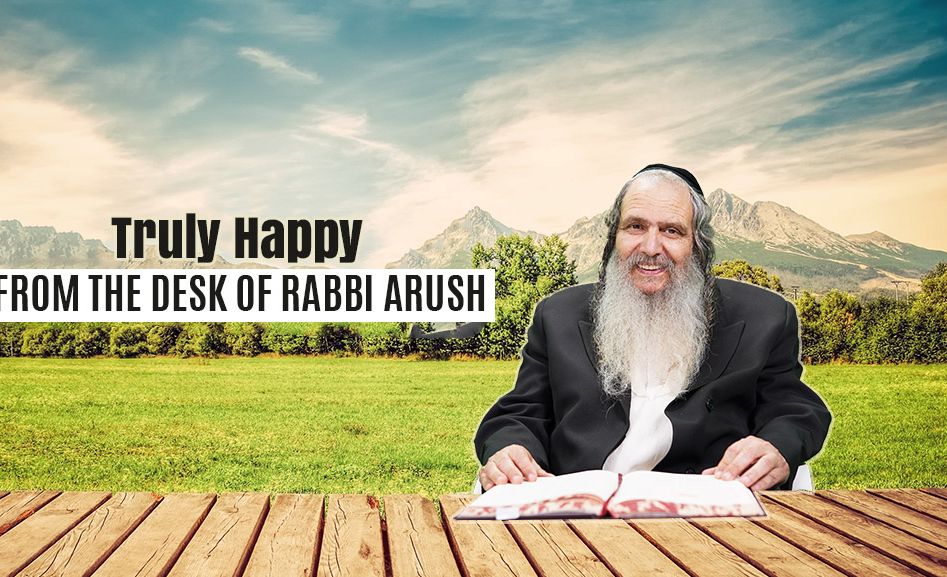





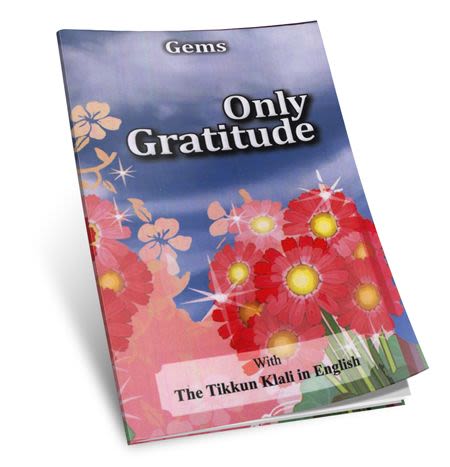
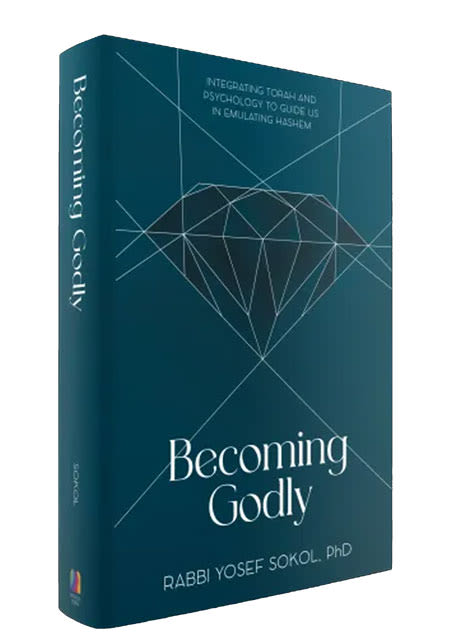
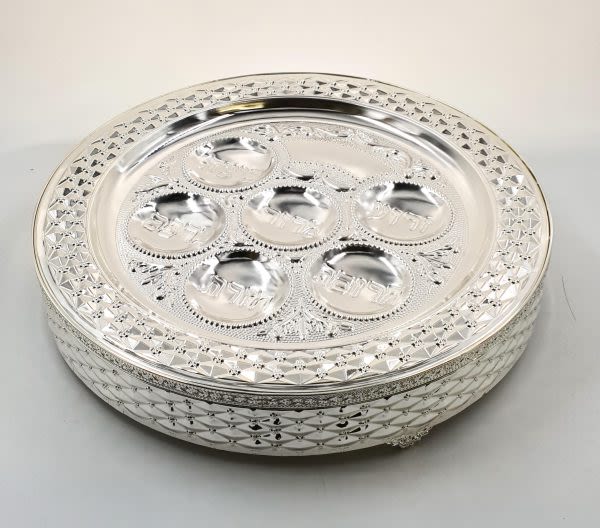
Tell us what you think!
Thank you for your comment!
It will be published after approval by the Editor.